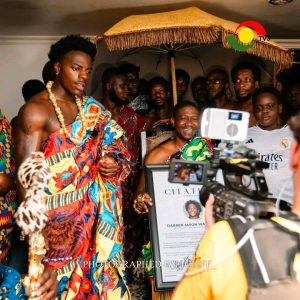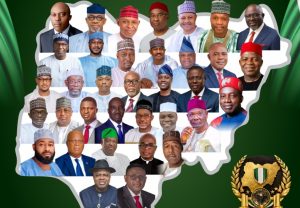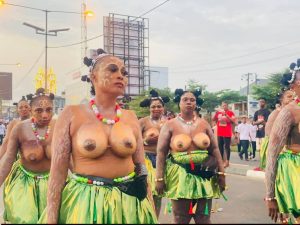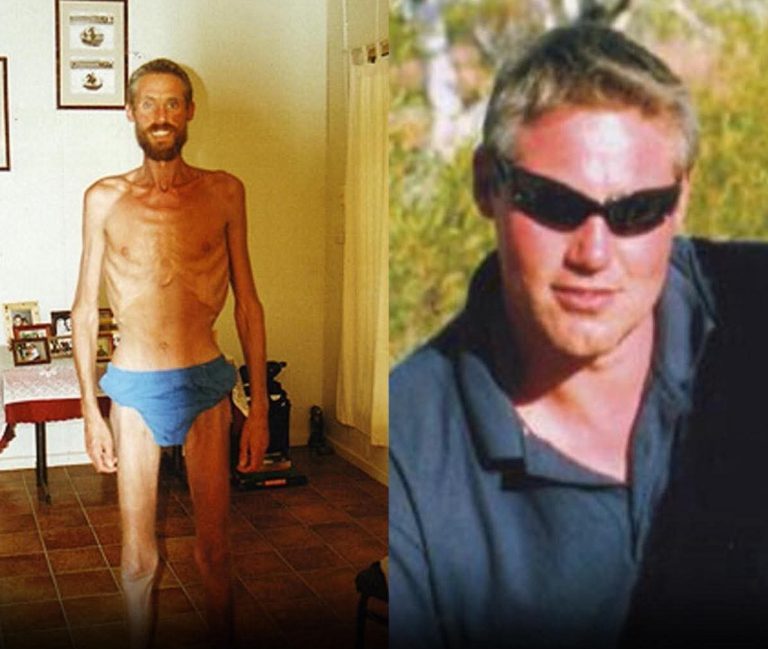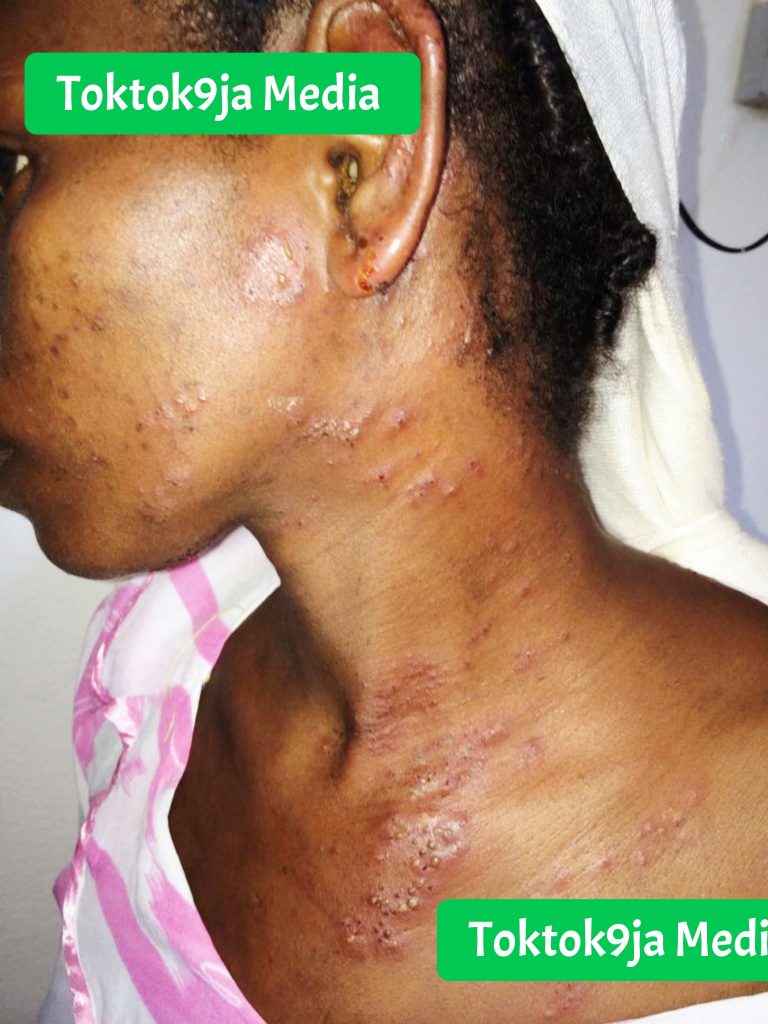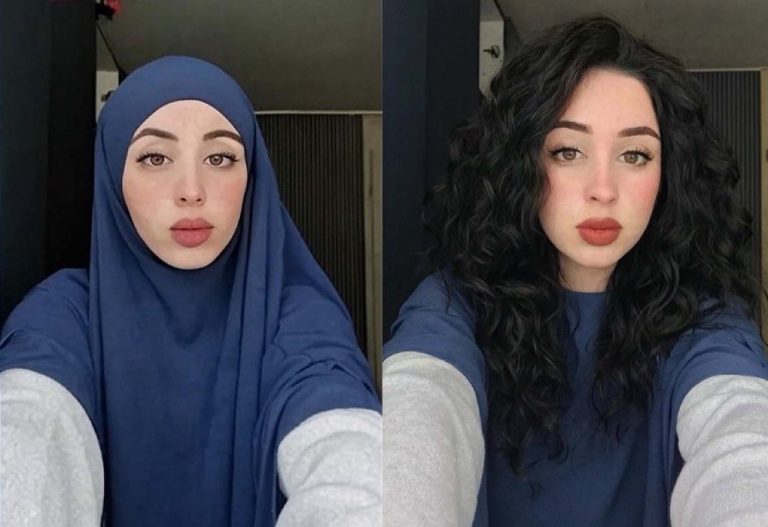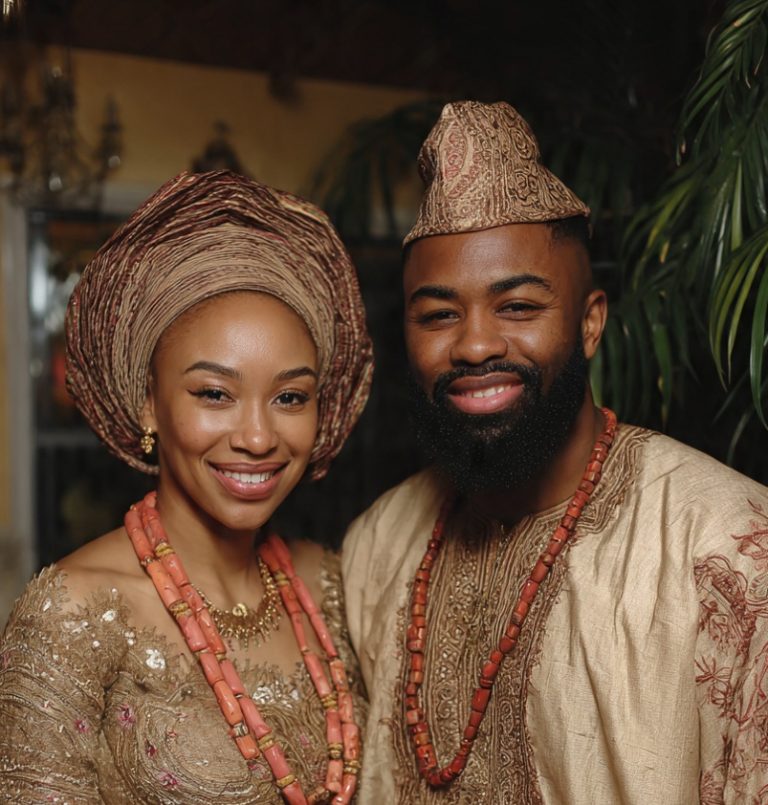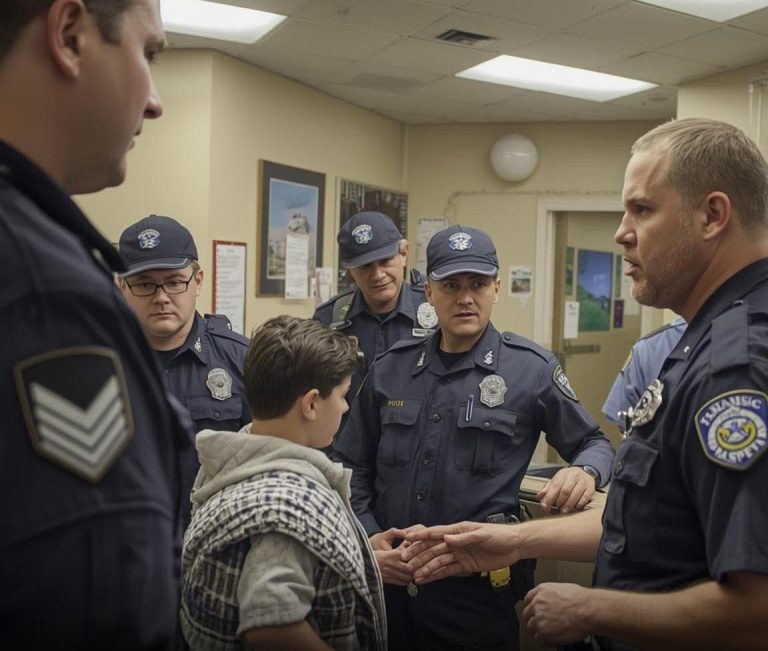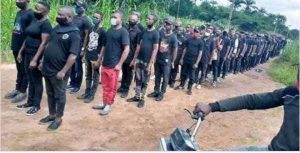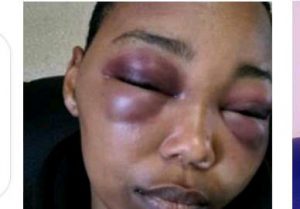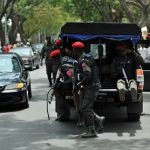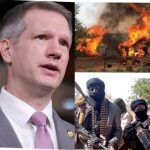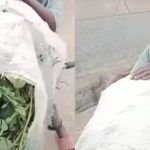
How Over 200 People Were Killed In Northern Due To The Visit Of Popular Evangelist Reinhard Bonkke.
Thick black plumes of smoke rose from a once quiet northern Nigerian city as only the previous week, gangs of Muslim and Christian youths fought running street battles, killing up to 200 residents and setting fire to homes and shops. The military government, while trying to keep the violence from spreading, imposed a dusk-to-dawn curfew and on the second day of rioting, ordered security forces to shoot on sight. Then Military President Gen. Ibrahim Babangida had cut short a visit to the Commonwealth summit in Zimbabwe, and alongside then Defense Minister Lt. Gen. Sanni Abacha flew to Kano.
Although the rioting was the first major outbreak of religious violence in Kano in a decade, it was the second that year in Nigeria, following similar demonstrations in the nearby state of Bauchi, where by some estimates between 500 and 1,000 people died.
READ: Senator Orji Trends Online After Sending This Strong Message to Nigerians About IPOB
Why the Kano riot happened in 1991

The disturbances revealed the tinderbox of religious tension that occasionally ignites in Africa’s most populous nation. Nigeria’s 120 million people, with more than 240 ethnic groups, are divided almost evenly between the Muslims, predominately in the north, and Christians.
The religious violence overshadowed the previous week’s politicking for primary elections to choose candidates from the two government-approved parties — the Republicans and Social Democrats — for gubernatorial elections promised by Babangida. The elections were part of the transition, mandated by the military government, back to civilian rule after eight years under generals. Some prominent Nigerians, including labour leader Paschal Bafyau, had called on Babangida to remain in power beyond the October 1992 scheduled handover. “The heavens won’t fall if the military adds another few months {to} give a peaceful transition,” Bafyau said.
READ: Did You Know Serena Williams Sister Was Shot Dead? Here is How It Happened

Hundreds of casualties and dead people denied
The official death toll in Kano, the largest city in the Muslim north, was put at eight, but reports from hospital sources and residents suggested that the figure could be as high as 200. A few days after, the morgue at Murtala Mohammed Hospital, the city’s biggest, had 72 corpses, according to hospital sources, and scores of other people reportedly had been burned alive in their homes and shops.
Rows of shops and houses were gutted by fire in the most affected areas, and entire buildings had collapsed from the heat of the flames. “We are refugees in our own country,” shouted a 26-year-old man named Pajeane, whose house was set aflame by Muslims. Hyginus Ofoebu, 25, said he had seen six people stabbed to death.

Hundreds of casualties with stab and gunshot wounds poured into Nassarawa Hospital on the edge of Kano. The hospital floor was spattered with blood as taxis commandeered by police arrived every five minutes with new loads of wounded. “There are so many people that we are treating them in halls and on the floor,” said one nurse.
READ: Reasons Why CBN Postpones Launch Of E-Naira and Its Impact on Nigerian’s Economy
Muslims were not happy with Christians doing evangelism in Muslim areas
The spark that ignited the violence was a push to win converts in this Islamic heartland of northern Nigeria. Muslims charged that Christian fundamentalists drove around Muslim neighborhoods Oct.12 in a convoy with loudspeakers urging people to attend an open-air religious revival to be held by a German preacher, the Rev. Reinhard Bonnke. Muslims were particularly angry over Bonnke’s planned visit because the government previously had denied requests for Kano to host a South African imam, Ahmed Deedat, and Louis Farrakhan of the Nation of Islam, videos of whom circulate widely in Kano.
After Bonnke arrived Monday, an 8,000-strong crowd of young Muslims of the Hausa ethnic group marched through the city chanting, “God is great,” and into the Sabon Gari neighborhood of mainly Christian Ibo immigrants from the southeast of the country. At least 10 people reportedly were killed on the first day, as the Muslims burned and looted shops and cars and damaged several churches.
By early Tuesday morning, Igbo youths retaliated. Moving in packs armed with sticks and steel bars, they set upon Muslim shops, homes, and mosques. Thousands of panicking civilians, carrying suitcases, food, and children, sought refuge in police and army barracks.

When one elderly man, bleeding profusely from his head, arrived at police headquarters and shouted, “They have killed my first {son},” a wave of hysteria raced through the crowd. By midday, fires were raging in the center of town and police units were fighting a desperate battle to contain the violence. The panicked voice of one police officer crackled across a walkie-talkie, “They have overwhelmed us. Can you give us assistance, can you give us assistance?”
Joint army and police patrols regained control of the situation by Wednesday afternoon, as the emir of Kano, Defense Minister Abacha, and Kano’s state governor, Col. Idris Garba, issued appeals to halt the violence.
Responding to the calls for peace, the warring gangs approached each other, on Galadima Road, one of the hardest-hit areas. Above their heads, they held sticks and metal bars, as well as green leaves as symbols of peace. As they came together, they put down their weapons and embraced each other. “We did it because they begged us to stop fighting,” said Ndubusi Ikena, a 20-year-old Igbo. “But it is not finished.”
DO YOU HAVE ANYTHING YOU WANT TO TELL US ABOUT NIGERIA? CLICK HERE TO JOIN ESSENCE FORUM AND SHARE YOUR TOPICS WITH OVER 4000 MEMBERS.
WATCH MORE NEWS ON OUR YOUTUBE CHANNEL CLICK HERE TO SUBSCRIBE
Discover more from TOKTOK9JA MEDIA
Subscribe to get the latest posts sent to your email.
